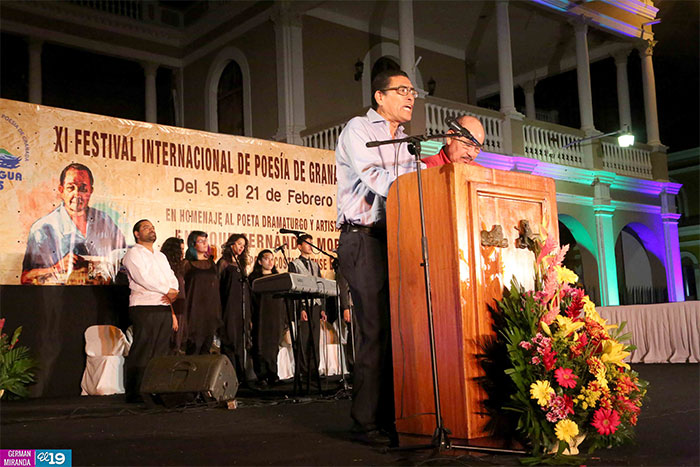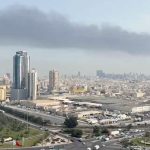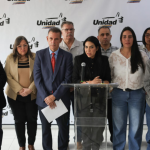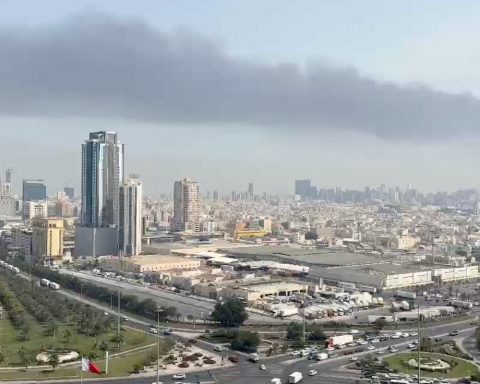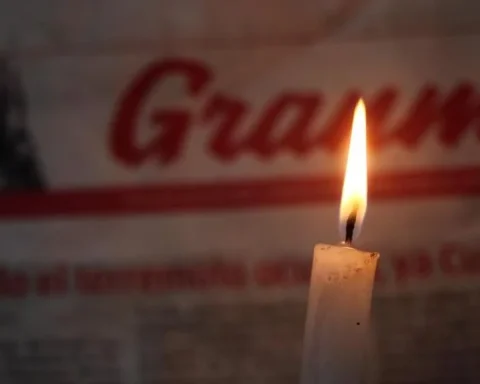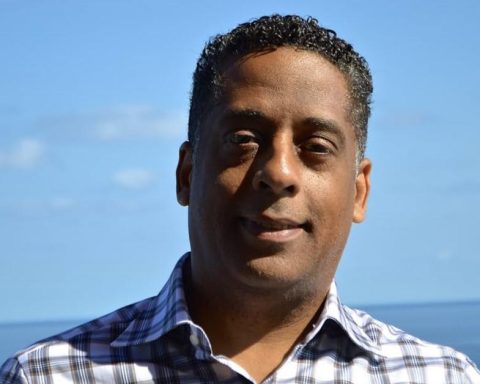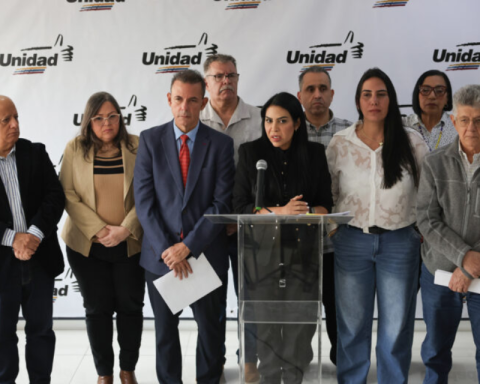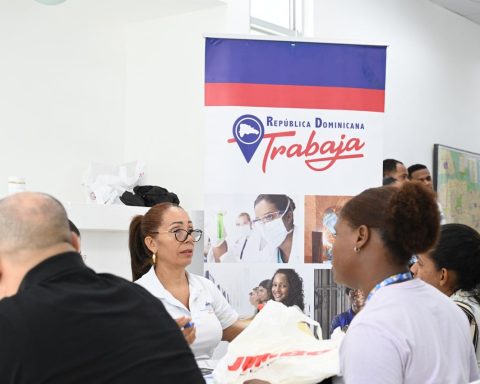The Granada International Poetry Festival Foundation, established in Nicaragua and which gave its name to one of the largest cultural events in Central America, rejected this Sunday the cancellation of its legal personality after 18 years of existence, in the National Assembly (Parliament), by order of the Executive.
“We regret and condemn the decision of the National Assembly,” wrote the president of the Foundation, Francisco de Asís Fernández, in a statement issued 19 days after the decision of the Ministry of the Interior.
“We no longer exist legally. The Granada International Poetry Festival brought together more than 1,200 poets from 109 countries and became the most important literary event in Latin America and one of the largest in the world”, Fernández highlighted.
The Granada International Poetry Festival Foundation is part of a group of 440 NGOs that have lost their legal personality in Nicaragua, since the popular uprising against President Daniel Ortega, in 2018.
The festival, which attracted more than 50,000 visitors each February to the colonial city of Granada, in the Pacific zone of Nicaragua, “made known the poetry and cultural wealth of our country”, through the Poetic Carnival of National Identity , which showed Nicaraguan dances and traditions, and which included the symbolic burial of the negative values of society, the organizer recalled.
During the festival, book and craft fairs, literary workshops, or sculptures were built.
“It was a platform where the importance of freedom of speech and freedom of thought, democracy, political pluralism, non-violence, non-discrimination, peaceful coexistence was emphasized,” recalled Fernández, a renowned Nicaraguan poet.
Like the Granada International Poetry Festival Foundation, institutions such as the Nicaraguan Academy of Language, as well as universities, think tanks, organizations that defend human rights, women, environmentalists, doctors, and indigenous people, among others, have been forced to close, after losing their legal personality.
The Executive has also canceled the registrations and perpetual numbers of four American and six European NGOs.
Nicaraguan authorities have alleged that the canceled NGOs failed to submit their legal documents or refused to register as “foreign agents.”
The former representatives of some of the affected organizations, such as the Permanent Commission on Human Rights (CPDH) or the Thomas More University, affirmed that the Ministry of the Interior refuses to receive the documentation from the NGOs before accusing them of non-compliance.
Nicaragua has been going through a political and social crisis since April 2018, which has worsened after the controversial general elections on November 7, in which Ortega was re-elected for a fifth term, fourth consecutive and second along with his wife, Rosario Murillo, as vice president, with her main contenders in prison
